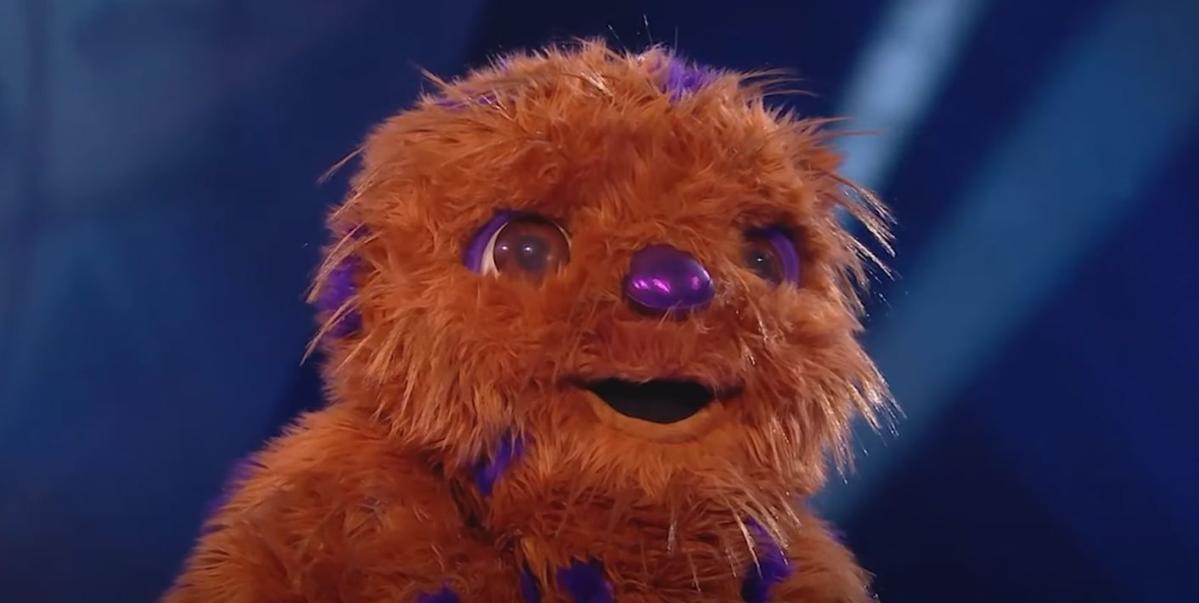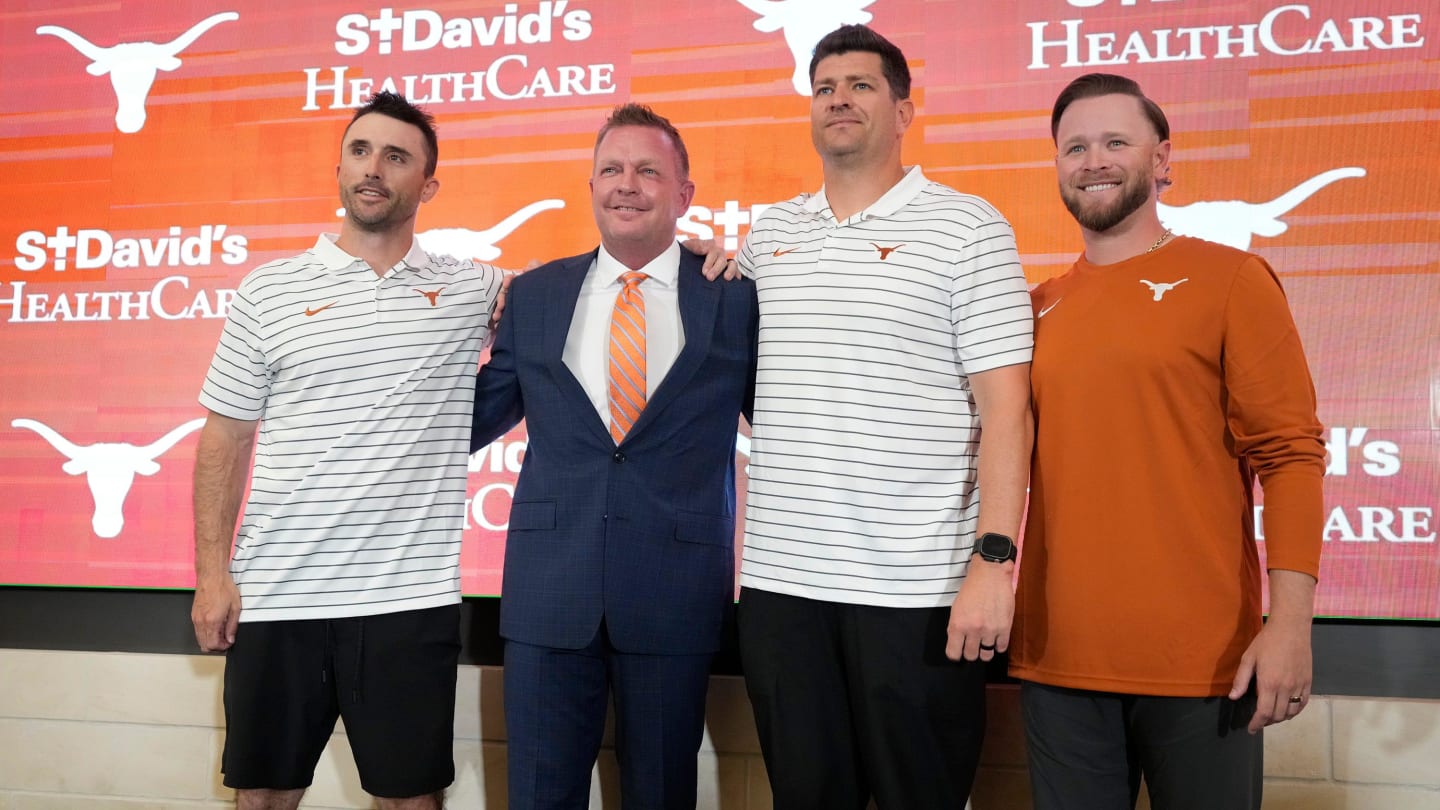The war between Russia and Ukraine will drag on as a diplomatic conference has little effect

A power struggle will rage between Russia and Ukraine for the foreseeable future after an international meeting touted as a first step towards peace failed to produce any notable diplomatic breakthrough that might signal an imminent end to Europe’s biggest conflict…
KIEV, Ukraine — A power struggle will rage between Russia and Ukraine for the foreseeable future after an international meeting touted as a first step toward peace failed to produce a notable diplomatic breakthrough that could point to an end to Europe’s biggest conflict since World War II.
The absence of Russia and China from the two-day conference held in Switzerland over the weekend and the decision by some key countries – including India, Saudi Arabia, South Africa and Mexico – not to sign the conference’s final document on Sunday meant the gathering had little to show for itself other than some goodwill and promises to continue working for peace even after more than two years of war.
Meanwhile, Ukraine, which has run out of ammunition due to delayed deliveries of promised Western military aid, is trying to withstand a Russian attack in the eastern parts of the country until its prospects improve.
Kremlin spokesman Dmitry Peskov said on Monday that the outcome of the conference was “close to zero.”
Ukrainian President Volodymyr Zelensky, who is trying to unite countries behind his version of a possible peace deal, said the talks would be followed by international meetings of advisers and government ministers to prepare the ground for a second meeting at a later date.
Nearly 80 countries have agreed to the final communiqué, which includes steps towards nuclear safety, food security and the release of prisoners and deportees – including thousands of children abducted by Russia.
This did not solve the fundamental – and currently insoluble – problem: the occupation of Ukrainian territory by invading Russian forces.
Russian President Vladimir Putin said last Friday that he would order an immediate ceasefire in Ukraine if Kyiv’s forces withdraw from the four Ukrainian regions illegally annexed by Russia in 2022 and Kyiv drops its bid to join NATO.
His other conditions for ending the war included Ukraine’s recognition of Crimea, a Black Sea peninsula that Moscow illegally annexed in 2014, as part of Russia, as well as restrictions on the Ukrainian military and the maintenance of Ukraine’s nuclear non-weapon status.
Kiev rejected these proposals as “absurd”.
Standing near Kyiv’s main war memorial, city resident Nataliia Kulbaka said she supported the idea of internationally supported peace talks but remained deeply distrustful of Russia.
“Russia can make promises, but tomorrow it will break those promises,” she said.
Zelensky had previously presented a ten-point peace formula that called for, among other things, the withdrawal of all Russian forces from Ukraine and accountability for war crimes. These proposals were flatly rejected by Moscow.
The Institute for the Study of War, a Washington-based think tank, said Putin was “unlikely to have any interest in good faith negotiations for the foreseeable future” because he believes he will ultimately win the war.
Russia’s large-scale invasion of Ukraine in February 2022 has killed or injured hundreds of thousands of people and displaced millions from their homes. It has also disrupted global markets for goods such as grain and fertilizer, fueling inflation, and driven a wedge between the West – which has imposed sanctions on Moscow – and Russia, China and some other countries.
The war is in a critical phase.
The Ukrainian army has shown resilience in the fight against one of the most powerful armies in the world, but it cannot continue the fight without supplies from the West. It also faces insufficient troop strength and a lack of fortifications, giving Russia a chance to score successes on the battlefield this summer.
Even after more than two years of fighting, Russia has not yet succeeded in dealing a decisive blow to the Russian side and is looking for support from abroad to finance its war effort.
Western military analysts say the quality of the Russian army is lacking due to the losses of young officers in the fighting. This means that the Kremlin’s forces are struggling to gain momentum on a large scale, so Ukraine can limit them to gradual gains for now.
___
Derek Gatopoulos and Yehor Konovalov in Kyiv, Ukraine, and Litvinova in Tallinn, Estonia, contributed.
___
Follow AP’s coverage of the war in Ukraine at https://apnews.com/hub/russia-ukraine.



